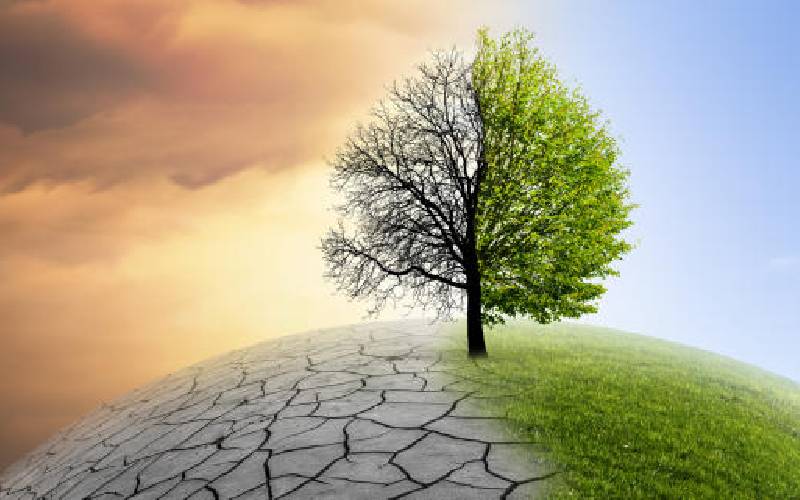×
The Standard e-Paper
Smart Minds Choose Us

According to the Global Risks Report, 2022 released by the World Economic Forum, climate action failure, extreme weather events and biodiversity loss were considered among top three risks confronting the global community.